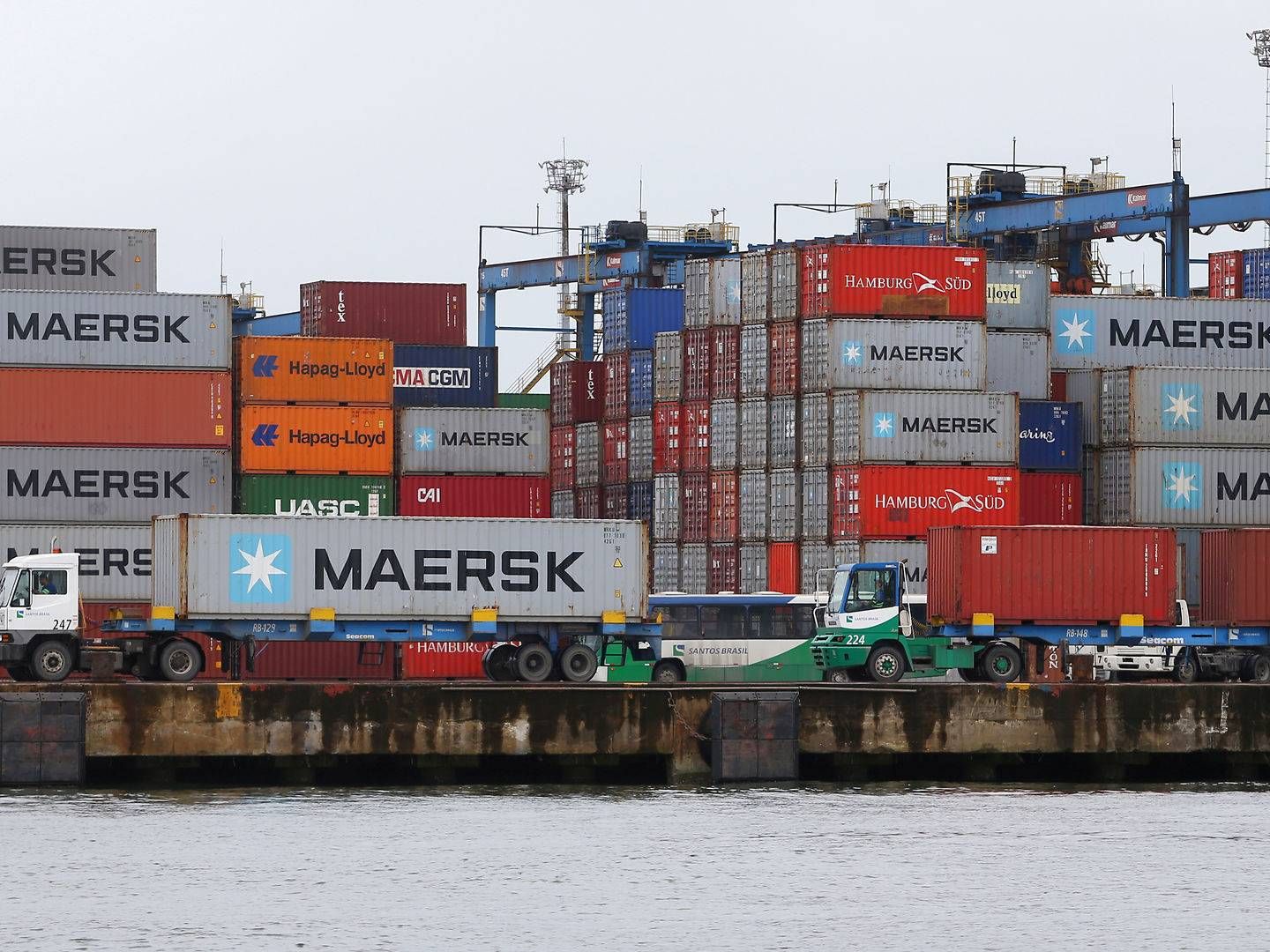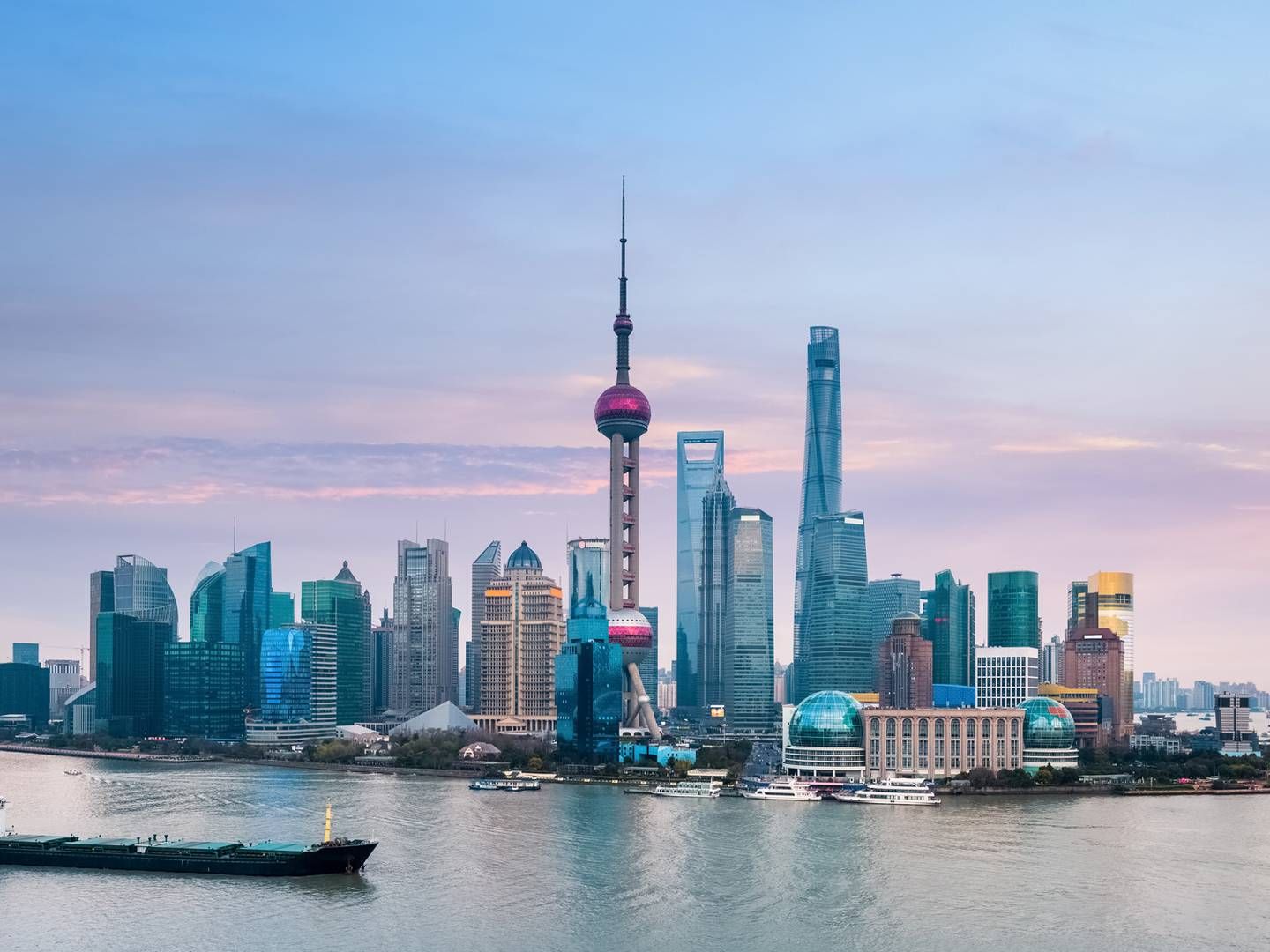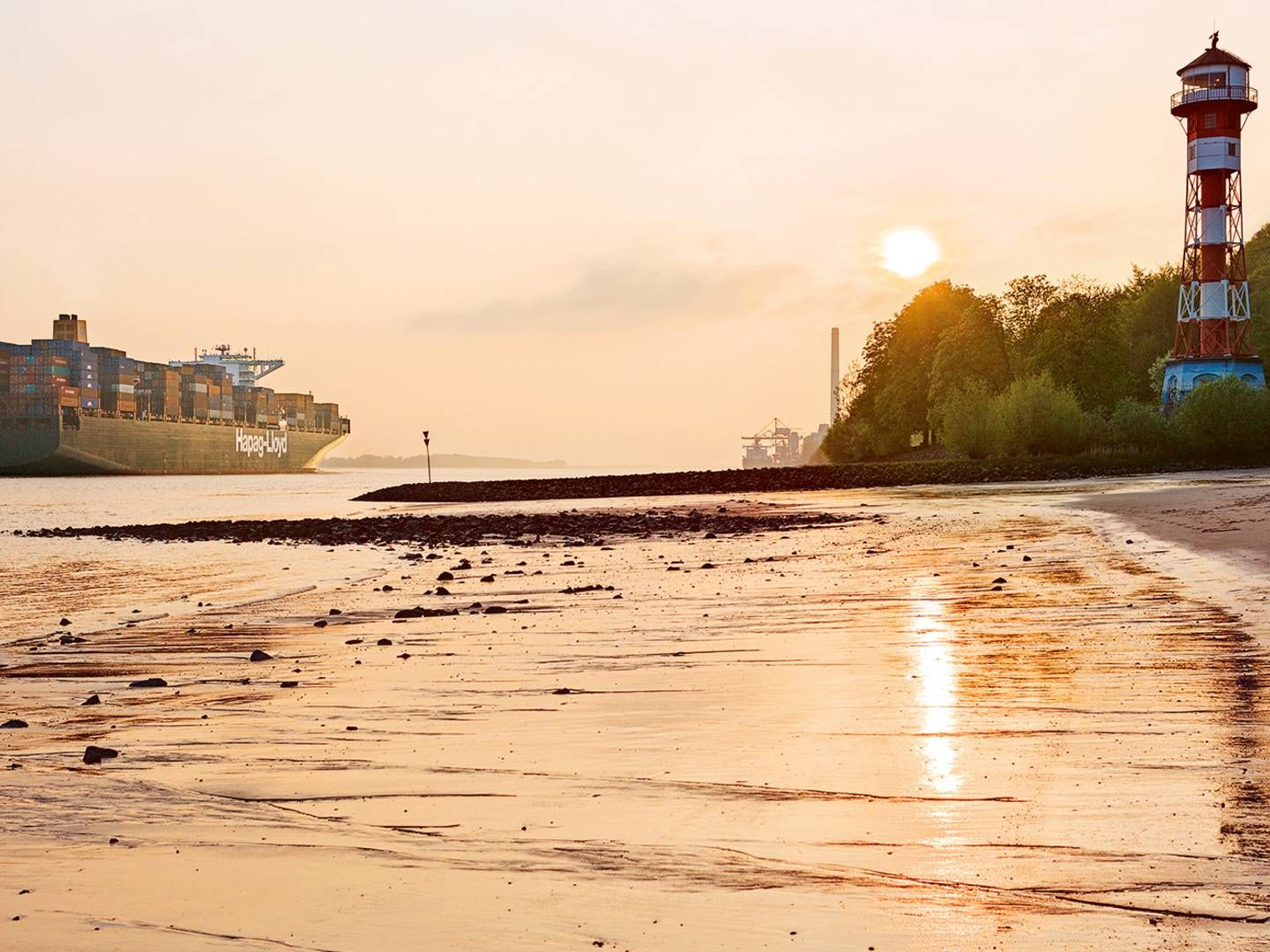Maersk and MSC perform differently in large sustainability analysis of 90 companies
.jpg)
Maersk, which is the world’s second-largest container line and has a growing logistics business, is receiving a relatively high grade and ranking in new large benchmark analysis of 90 global transportation companies’ sustainability efforts.
Maersk lands an overall position as number five out of 90 companies, which include world-leading container carriers, logistics groups and airliners.
This is evident from ”2022 Climate and Energy Benchmark on the Transport Sector,” which the World Benchmarking Alliance (WBA) and non-profit organization CDP have conducted and made public on Tuesday.
But even though Maersk is praised and receives high ratings on different parameters for having ambitious goals of reducing carbon emissions and for investing in low-emission fuels and in green vessels, the analysis is also critical.
”However, [Maersk] does not have a robust transition plan that describes how it will reach its goal of net zero across its business and supply chain by 2040,” reads the analysis.
Maersk has a target of halving Scope 1 emissions in 2030 compared to 2020 and aims for net-zero emissions across business and supply chains in 2040 in accordance with the so-called Science Based Targets initiative criteria (SBTi).
Maersk has a fleet of more than 700 container ships, which are owned or chartered, and these are ships using conventional fossil fuels as of today.
Maersk faces significant change
Even though Maersk also has a growing logistics business, owns and operates container terminals, 95 percent of Maersk’s carbon emissions are coming from ocean-going box vessels, according to the analysis.
”[Maersk] faces a significant challenge to replace its fleet with low-carbon alternatives in the next 18 years.”
In the analysis’ so-called Assessing low-Carbon Transition (ACT), Maersk achieves 26.4 out of 60.
The benchmark analysis of the 90 companies is ranking companies – also those promoting themselves as green and climate friendly – quite differently.
MSC number 46
Privately owned, Swiss-Italian carrier MSC, which in the beginning of the year surpassed Maersk as the world’s largest container line, is down at number 46 out of 90. The ACT score of 17.1 is markedly below Maersk’s of 26.4.
MSC, which manages a fleet of 658 ships, has a goal of reducing carbon intensity by 40 percent in 2030 compared to 2008 and of achieving ”net decarbonization” in 2050, according to the analysis.
”The targets include an unspecified quantity of insets. The company’s fleet emissions intensity decreased between 2015 and 2020 but not at the rate required by its 1.5°C pathway. In 2021 MSC’s emissions intensity increased due to operational changes,” adds the analysis.
”The company has developed a decarbonization plan, however, it does not include any financial commitments toward decarbonization.”
Other container liners included in the benchmark analysis are placed as follow: Hapag-Lloyd (25), Wan Hai Lines (34), Evergreen (41), CMA CGM (50), ONE (56), Yang Ming (62), Zim (47) and Cosco Shipping (82).
Deutsche Post DHL Group beats DSV
Danish company DSV, which is the world’s third-largest logistics group, and which provides road, railway, air and ocean transport services without owning capital-heavy assets, is ranked as number 23, receiving an ACT score of 22.9.
Even though DSV is following science-based targets, the company’s actual decarbonization target is only short-term, according to the analysis.
”The company has not committed to a net-zero target and its 2030 reduction targets do not cover the expected average lifetime of its subcontracted fleet.”
”DSV faces challenges regarding decarbonization as nearly 100 percent of its emissions and its targets are related to its subcontractors,” adds the analysis.
Deutsche Post DHL Group is placed at number 16, while competitor Kuehne + Nagel is in the 44th position.
WBA and CDP highlight in the analysis that the transportation sector is depending most on fossil fuels across all sectors, and that 90 percent of transport fuels come from crude-oil-based products.
”Despite this, only 7 percent of the assessed companies have committed to phasing out their use of fossil fuels.”
English edit: Kristoffer Grønbæk
DSV, Maersk top Nordic ESG list – Hafnia, Norden drag down average
More shipping companies have set zero-emission targets for 2050: ”There is a long way to go”
Less than half of leading shipping companies have set climate goals
Søren Toft: The green transition is going to cost and there is no point in denying it




















